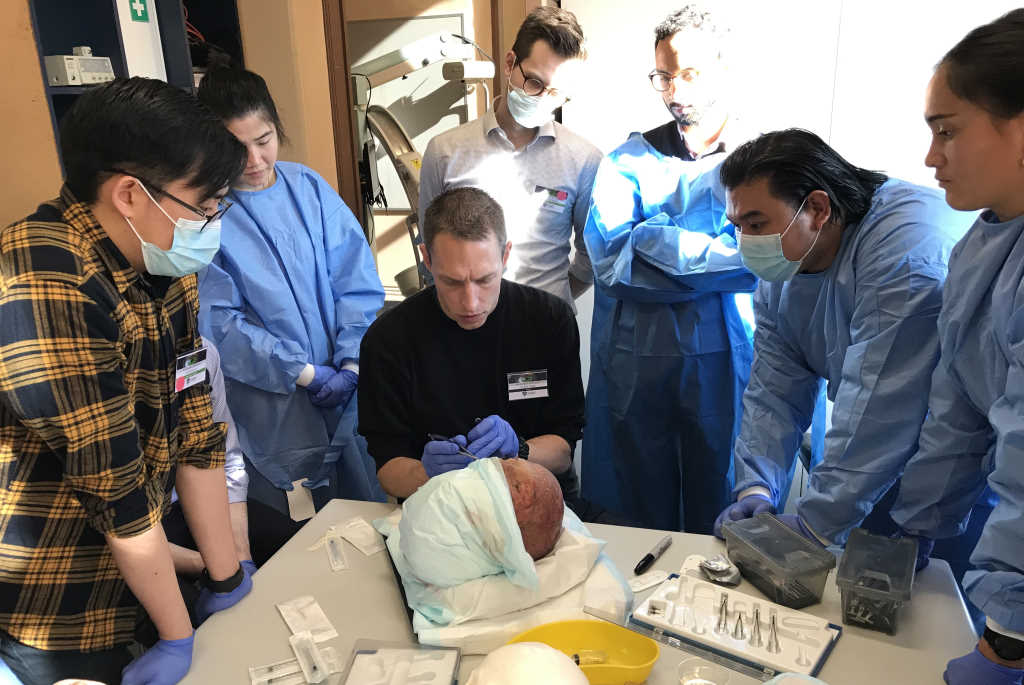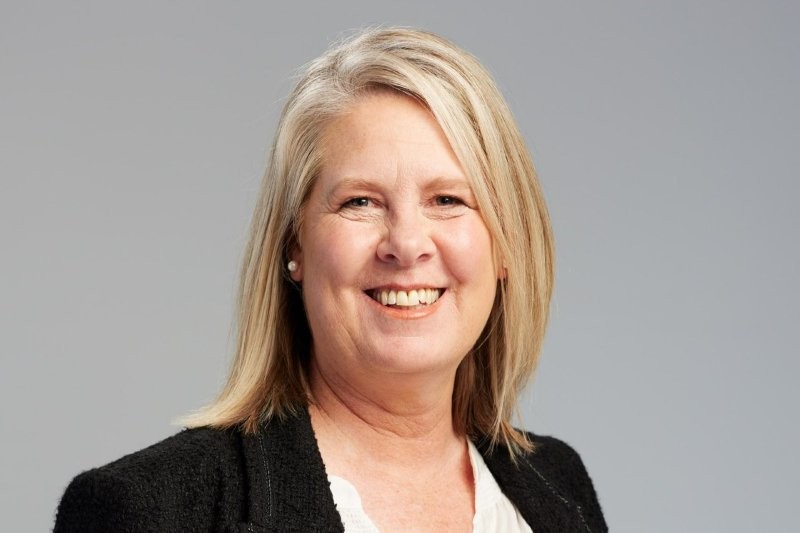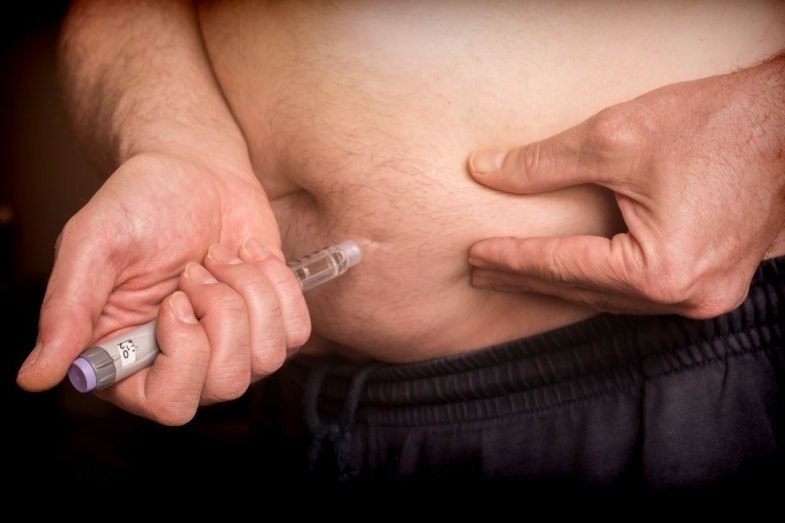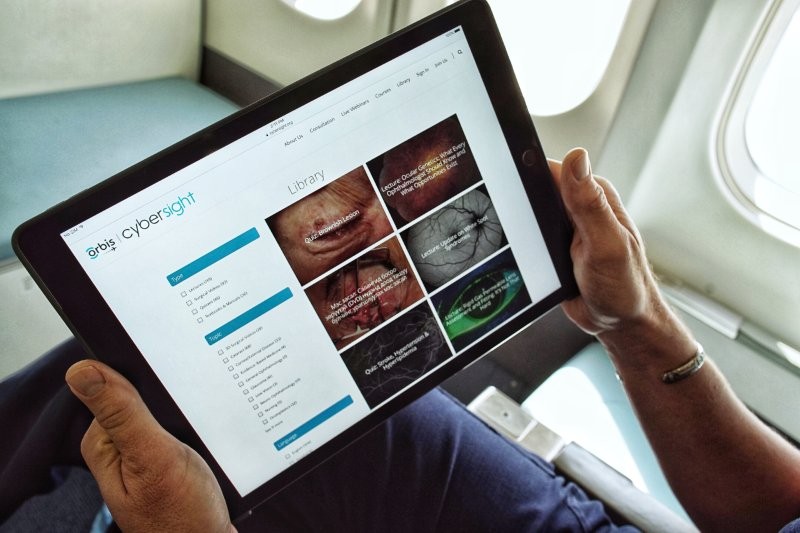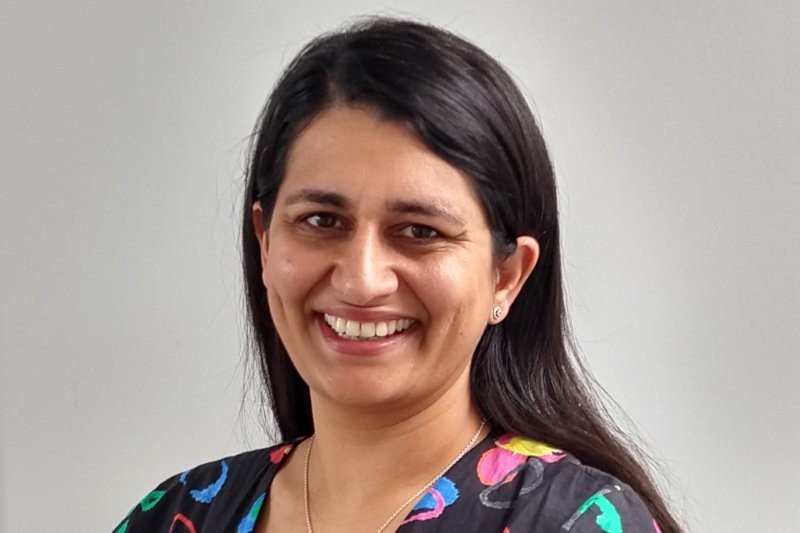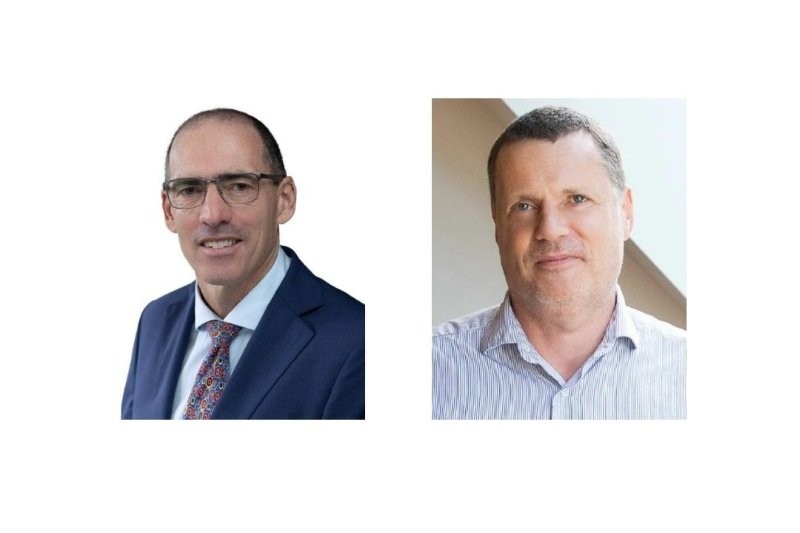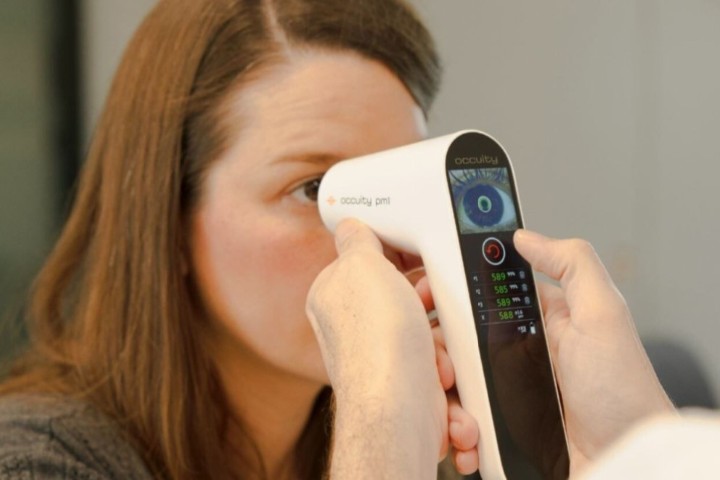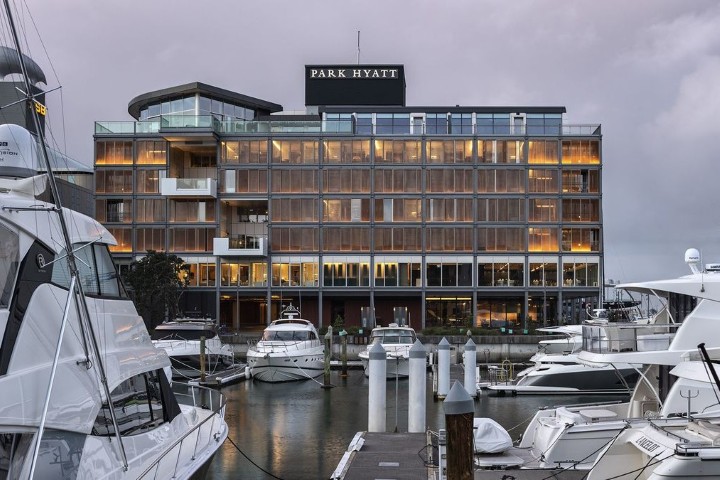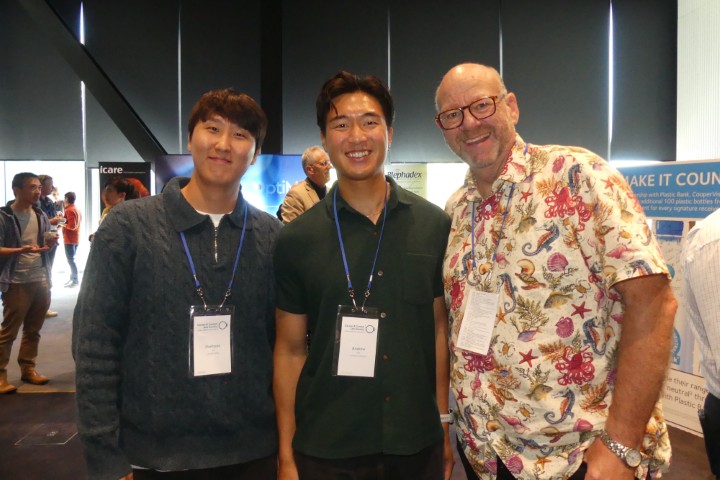Microsurgical skills course success
The combined Universities of Sydney and Otago’s Australia and New Zealand (ANZ) Microsurgical Skills Course at the Sydney Eye Hospital has gone from strength to strength since it was established in 2019, with its now twice-yearly 20 places booked months in advance and organisers considering a waiting list.
The brainchild of Gisborne-based consultant ophthalmologist Dr Graham Wilson, an Otago University clinical senior lecturer, the ANZ microsurgical skills course is based on a similar course in the UK, which is compulsory for trainee ophthalmologists there. Dr Rob Jones, a Nelson-based consultant ophthalmologist and first-time ANZ microsurgical skills trainer, said it’s an impressive course. “I was knocked sideways by the level of organisation and the resources made available to the attendees. I certainly had nothing like this when I was starting out. Crucially, this course now allows for the acquisition of a basic skill set before being involved with surgery on actual patients.
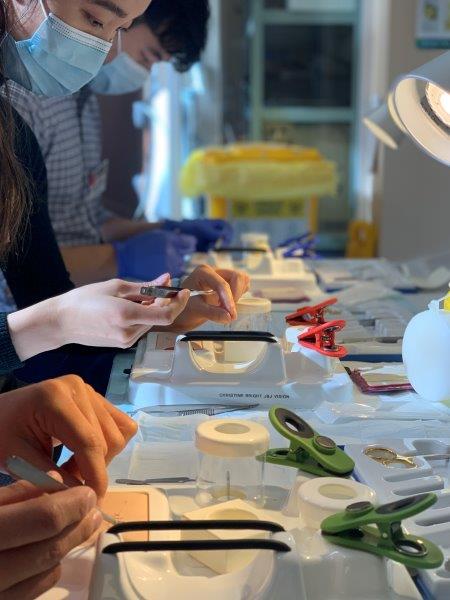
Ophthalmology trainees hard at work practicing their microsurgical skills
“Aside from the world-class setup involving around 10 phaco machines with on-hand industry support, cadaveric material and the EyeSi simulator, the attendees had almost one-to-one contact with trainers – something that can be hard to achieve even during formal training!” he said.
The course runs for three days with two days of suturing and knots on pigs’ eyes, skill boards and cadavers, followed by a day of cataract surgery and minor eye procedures on cadavers. Trainees were also given time on the EyeSi virtual training simulator, said Dr Wilson, with a second one now ordered for future courses.
June course attendee, Tauranga-based ophthalmology trainee, Dr Alexandra Lawrence said it was great to get back to in-person learning and engaging with Australian colleagues after two years of Covid-related travel turmoil. “The three days were spectacularly run by the organisers, with maximal time allowed for learning new practical skills,” she said. Fellow trainee and Auckland University PhD candidate Dr Matthew McDonald also praised the course’s 10 hours of theory, in-depth practical workshops and one-on-one support. “There was a strong sense of collegiality with friendships built over coffee and lunch breaks on the lab’s balcony and during the course dinner,” he said. Hawke’s Bay registrar Vince Wilkinson called it “an absolute blast” and a privilege to be able to practice cataract surgery on the sophisticated eye models available at the Sight for Life Foundation wet lab at Sydney Eye Hospital. “We covered a lot of skills that are valuable for our clinical work. The environment was friendly, the drinks and lunches were amazing, and it was also a great opportunity to meet new friends! I had a lot of fun and I feel more confident in my clinical skills now and more driven to keep working to improve them.”
With 17 out of 20 trainees rating the June course 10/10, it’s unsurprising the October course is full. “We may even need to consider a reserve list!” said Dr Jones.









